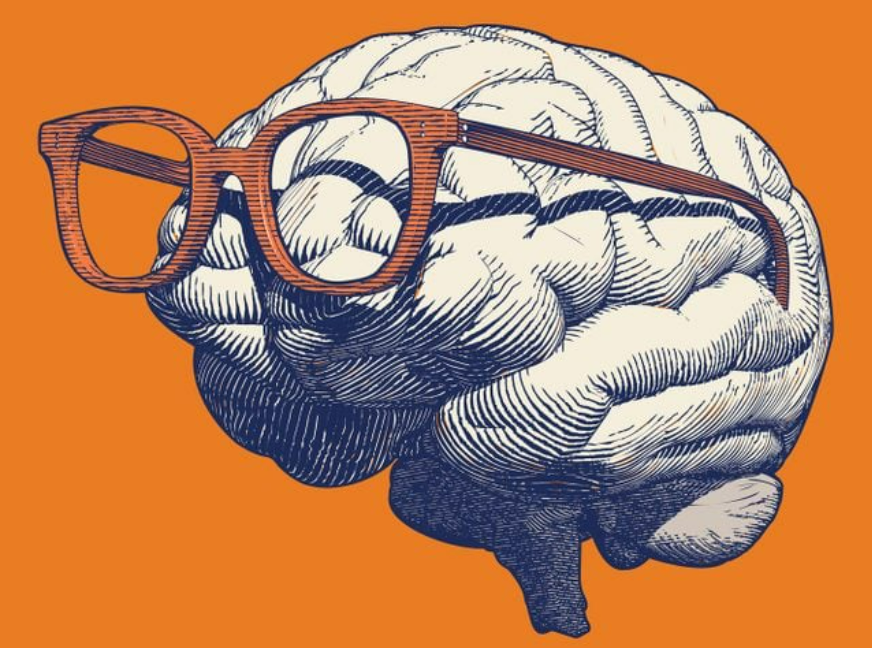A Brief History of Formative Learning


Formative learning is a buzzword in education these days, but it's not a new concept. In fact, formative learning has been around for centuries, though it may have gone by different names.
Ancient Greece: The Socratic Method
The idea of formative learning can be traced back to ancient Greece, where Socrates famously engaged his students in questioning and discussion to help them develop their thinking skills. Socrates' method, known as the Socratic method, involved asking a series of questions to guide students towards a deeper understanding of a concept. This method is still used in some classrooms today and is considered a cornerstone of formative learning.
For instance, in a literature class, a teacher might prompt students to reflect on their interpretation of a text by asking open-ended questions like “How did you arrive at that interpretation?” or “What evidence supports your claim?”
Medieval Europe: Disputations
Another early example of formative learning can be found in the medieval university system, where students would engage in disputations, or formal debates, to demonstrate their knowledge and understanding of a subject. These debates were often rigorous and challenging and provided students with feedback on their performance.
To illustrate, in a social studies class, students might engage in a debate about the impact of a significant historical event, and the teacher could provide feedback on the quality of the arguments presented and guide students towards a deeper understanding of the topic.
20th Century: Bloom's Taxonomy
In the 20th century, formative learning gained more attention as educational psychologists began to study how students learn and how to improve their learning outcomes. One of the pioneers of formative assessment was Benjamin Bloom, an American educational psychologist who developed the “Bloom's Taxonomy” of learning objectives in the 1950s. This taxonomy provided a framework for teachers to develop learning objectives and assess student understanding at different levels of complexity. Bloom's work has been influential in the development of formative learning strategies and assessment methods.
Late 20th Century: Formative Assessment Research
In the 1980s and 1990s, formative learning gained even more attention as researchers began to explore the benefits of providing ongoing feedback to students. One influential study was conducted by Paul Black and Dylan Wiliam in 1998, which found that formative assessment could improve student achievement by up to 50%.
To demonstrate, in a math class, a teacher might provide feedback on a student's problem-solving strategy by asking questions like “Why did you choose that approach?” or “What other methods could you use to solve this problem?”
Present Day: Technology and Personalization
Today, formative learning is a key component of many educational practices, from flipped classrooms to project-based learning to personalized learning. Teachers use a variety of methods to provide formative feedback to their students, including quizzes, discussions, observations, and self-assessment.
One promising area of formative learning is the use of technology to provide instant feedback to students. Adaptive learning software, for example, can provide students with personalized feedback on their performance, helping them to identify areas where they need additional support.
Quiz Makito is dedicated to ensuring competency through fun and engaging games. By providing ongoing feedback to students, formative learning can help them to improve their understanding, skills, and ultimately achieve their full potential.
References:
Black, P., & Wiliam, D. (1998). “Inside the black box: Raising standards through classroom assessment.” Phi Delta Kappan, 80(2), 139-148.
Bloom, B. S., Engelhart, M. D., Furst, E. J., Hill, W. H., & Krathwohl, D. R. (1956). Taxonomy of educational objectives: The classification of educational goals. Handbook I: Cognitive domain. New York, NY: David McKay Company.
Gipps, C. (1994). “Beyond testing: Towards a theory of educational assessment.” Falmer Press.